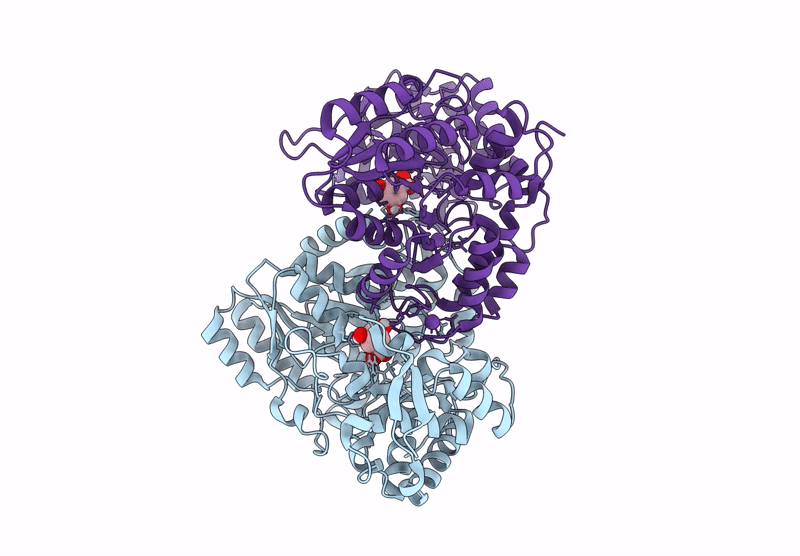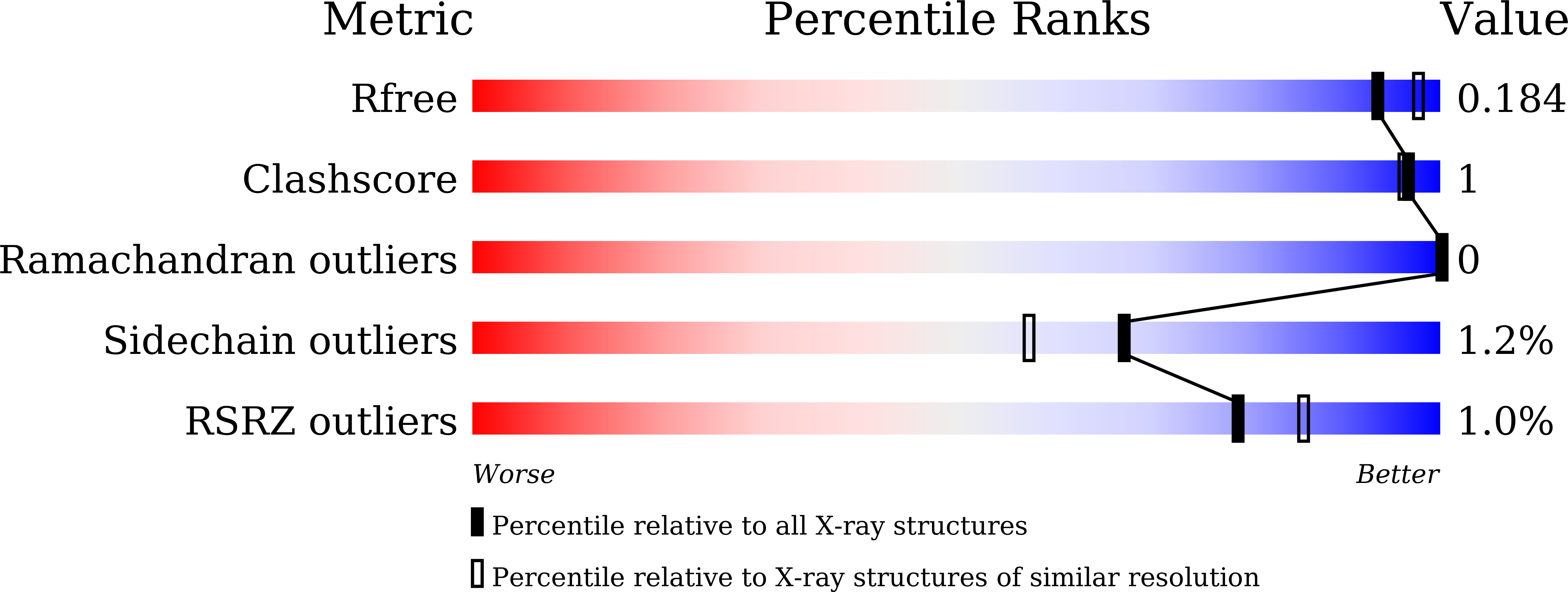
Deposition Date
2024-08-08
Release Date
2025-04-23
Last Version Date
2025-05-07
Entry Detail
PDB ID:
9J3U
Keywords:
Title:
Crystal structure of tyrosine phenol-lyase in complex with 3,5-dihydroxybenzoic acid
Biological Source:
Source Organism(s):
Morganella morganii subsp. morganii (Taxon ID: 180434)
Expression System(s):
Method Details:
Experimental Method:
Resolution:
1.83 Å
R-Value Free:
0.18
R-Value Work:
0.15
R-Value Observed:
0.15
Space Group:
P 21 21 2


